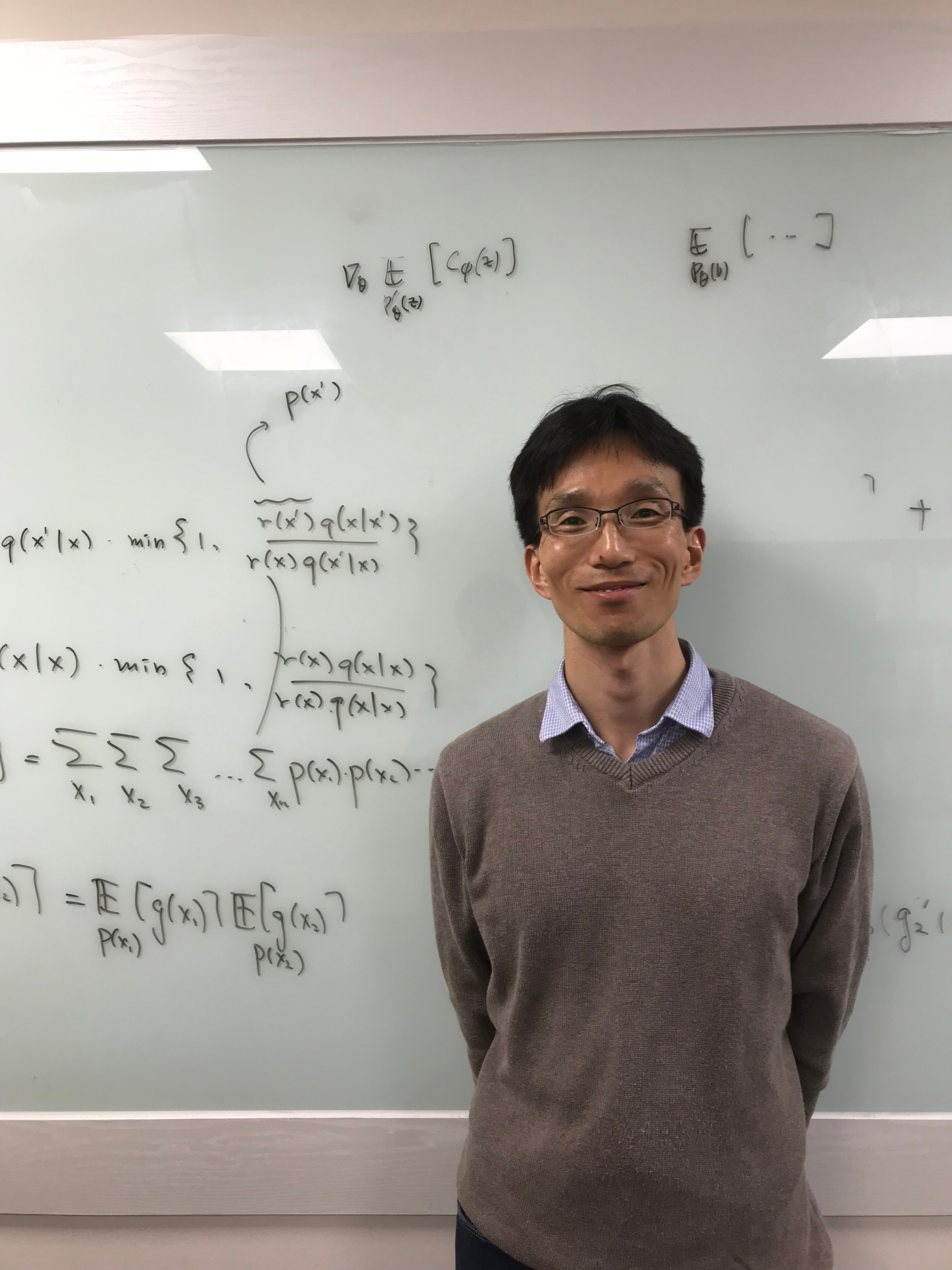Rice University, USA
University of Illinois Urbana-Champaign, USA
KAIST, Korea

Intelligent Software Engineering: Synergy between AI and Software Engineering
Abstract:
Research and practice on leveraging or adapting AI technologies for addressing software engineering tasks especially on tool automation have been around for decades. Recent efforts from the research community have been on addressing a series of questions, e.g., how to define or determine levels of intelligence in software engineering tools, how to bring high levels of intelligence in software engineering tools, how to synergically integrate machine intelligence and human intelligence (e.g., domain knowledge or insight) to effectively tackle challenging software engineering tasks. On the other hand, given the increasing importance and popularity of AI software in the society, recent efforts from the research community have been also on exploring software engineering solutions to improve the productivity of developing AI software and the dependability of AI software. The emerging field of intelligent software engineering is to focus on two directions: (1) instilling intelligence in solutions for software engineering tasks; (2) providing software engineeringsolutions for AI software. This talk will share perspectives on intelligent software engineering along with some example research on the two directions in intelligent software engineering.Biography:
Tao Xie is a Professor and Willett Faculty Scholar in the Department of Computer Science at the University of Illinois at Urbana-Champaign, USA. He worked as a visiting researcher at Microsoft Research. His research interests are in software engineering, focusing on software testing, program analysis, software analytics, software security, and educational software engineering. He received an NSF CAREER Award, a Microsoft Research Outstanding Collaborators Award, a Google Faculty Research Award, an IBM Jazz Innovation Award, and three-time IBM Faculty Awards. He is an ACM Distinguished Speaker and was an IEEE Computer Society Distinguished Visitor. He is an ACM Distinguished Scientist and an IEEE Fellow. His homepage is at http://taoxie.cs.illinois.edu.

Formal semantics of probabilistic programming languages: Issues, results and opportunities
Abstract:
Probabilistic programming refers to the idea of developing a programming language for writing and reasoning about probabilistic models from machine learning and statistics. Such a language comes with the implementation of several generic inference algorithms that answer various queries about the models written in the language, such as posterior inference and marginalisation. By providing these algorithms, a probabilistic programming language enables data scientists to focus on designing good models based on their domain knowledge, instead of building effective inference engines for their models, a task that typically requires expertise in machine learning, statistics and systems. Even experts in machine learning and statistics may get benefited from such a probabilistic programming system because using the system they can easily explore highly advanced models.
In the past three years, I and my colleagues have worked on developing so called denotational semantics of such probabilistic programming languages, especially those that support expressive language features such as higher-order functions, continuous distributions and general recursion. Such semantics describe what probabilistic model each program in those languages denotes, serve as specifications for inference algorithms for the languages, and justify compiler optimisations for probabilistic programs or models. In this talk, I will describe what we have learnt so far, and explain how these lessons help improve the design and implementation of these probabilistic programming languages and their inference engines.
Biography:
Hongseok Yang is a full professor at the School of Computing, KAIST, Korea. His research area is programming languages, but he mostly works on problems that arise at the boundaries between programming languages and other areas, such as machine learning, statistics, probability theory and distributed systems. He received his PhD degree in 2001 from the Department of Computer Science, University of Illinois at Urbana-Champaign, USA. Then, he was a postdoc researcher first at KAIST from 2001 until 2003 and next at Seoul National University from 2003 until 2006. After finishing this postdoc training, he took a lectureship (corresponding to assistant professorship) at Queen Mary, University of London, UK for about five years, before he moved to the University of Oxford, where he took an associate professorship (2011-2014) and then a full professorship (2014-2017). While he was at Oxford, he also held tutorial fellowship at Worcester College, one of the most beautiful Oxford colleges. He joined KAIST in 2017. He is a co-winner of the 2016 CAV award, received a distinguished paper award in PLDI 2014 and a best paper award in CONCUR 2012, and held an EPSRC Advanced Research Fellowship from 2007 until 2012.
 Image from
Image from